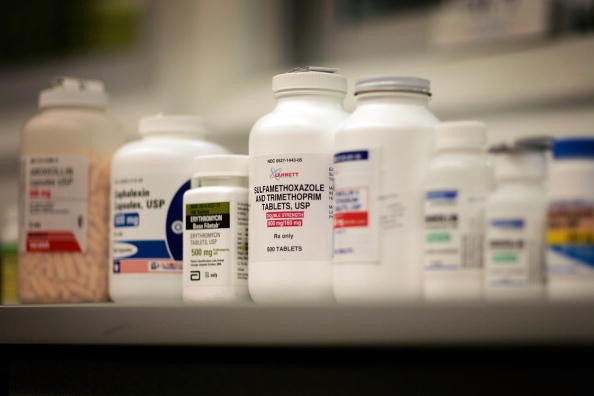
Children who were regularly given antibiotics gained weight faster than those who never received them, according to a study. This suggests that childhood antibiotics may have an effect on body weight that lasts into adulthood.
The study looked at the medical records from 2001 to 20012 of nearly 164,000 children aged 3 to 18. The researchers collected data on the number of antibiotic prescriptions, body weight, and height. The records showed that one in five children had been prescribed antibiotics seven or more times. By the time those children reached age 15, they weighed an average of about 3 pounds more than children who had not received antibiotics.
Previous research had suggested a link between antibiotics and weight gain in childhood, but had not examined actual medical records. A recent Danish study of schoolchildren found that a mother's use of antibiotics during pregnancy was associated with a higher risk that her child would become overweight or obese. Antibiotics are known to cause weight gain in animals and are used in feeds for farm animals to help promote weight gain.
Why or how frequent use of antibiotics is associated with weight gain in children is not known. One hypothesis is that antibiotics wipe out the healthy bacteria in a child's body and may lead to permanent changes in the population of organisms that live in the intestines. Shifts in these organism populations may change how food is digested and absorbed, or how many calories are released from the food that is eaten.
Bacterial infections can be serious and often must be treated with antibiotics. However, studies have shown that parents may pressure doctors for antibiotics for viral infections that cannot be cured by the drugs. Prescribing antibiotics too often can lead to the loss of their effectiveness as bacteria become drug resistant. This study may give doctors another strategy to use when parents push for an unnecessary prescription.
The study was published in the International Journal of Obesity.



